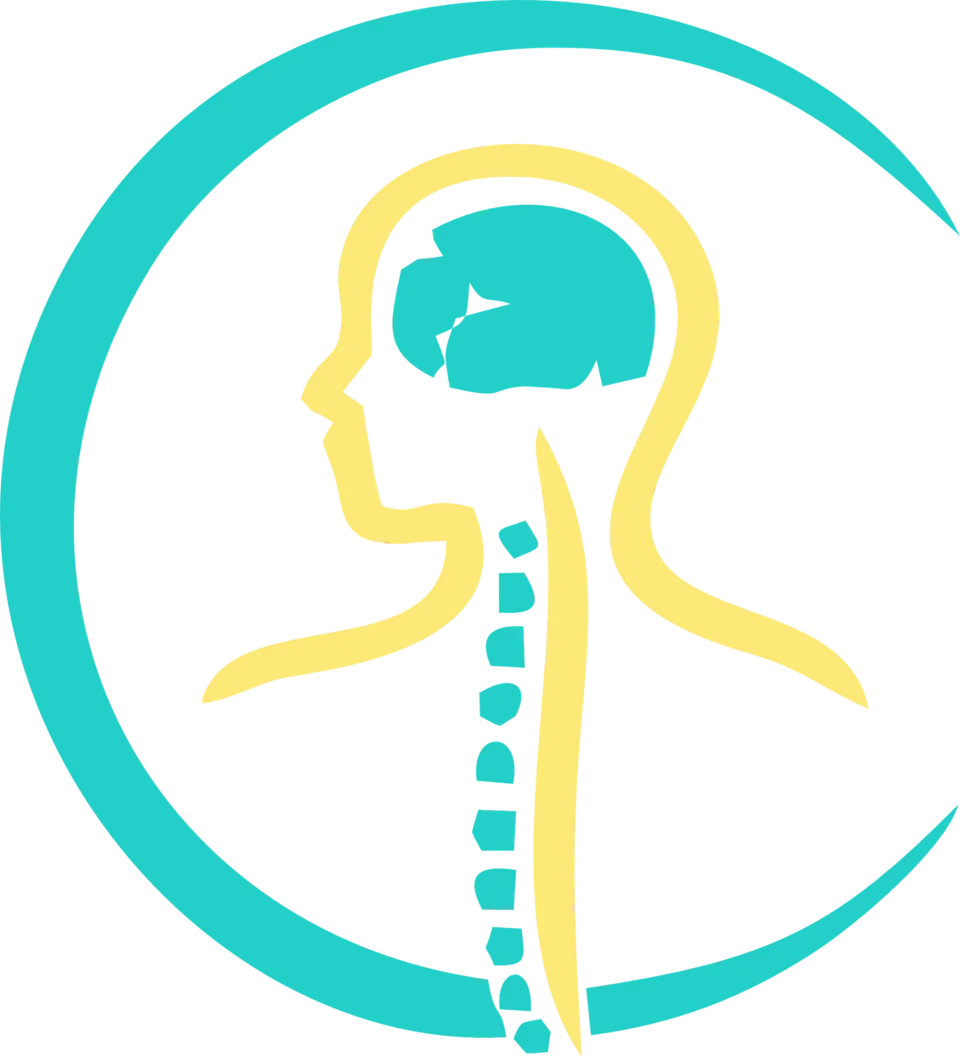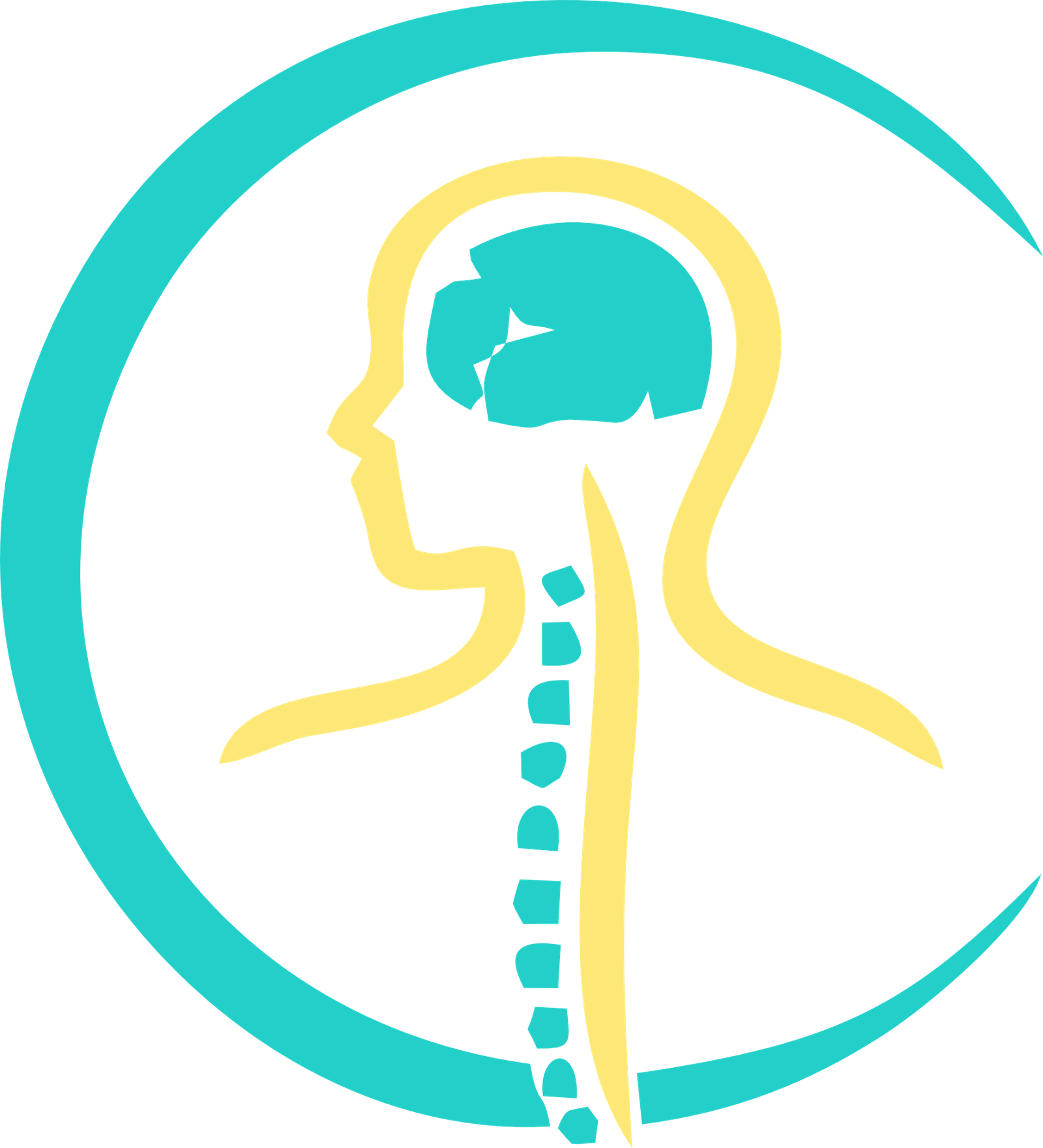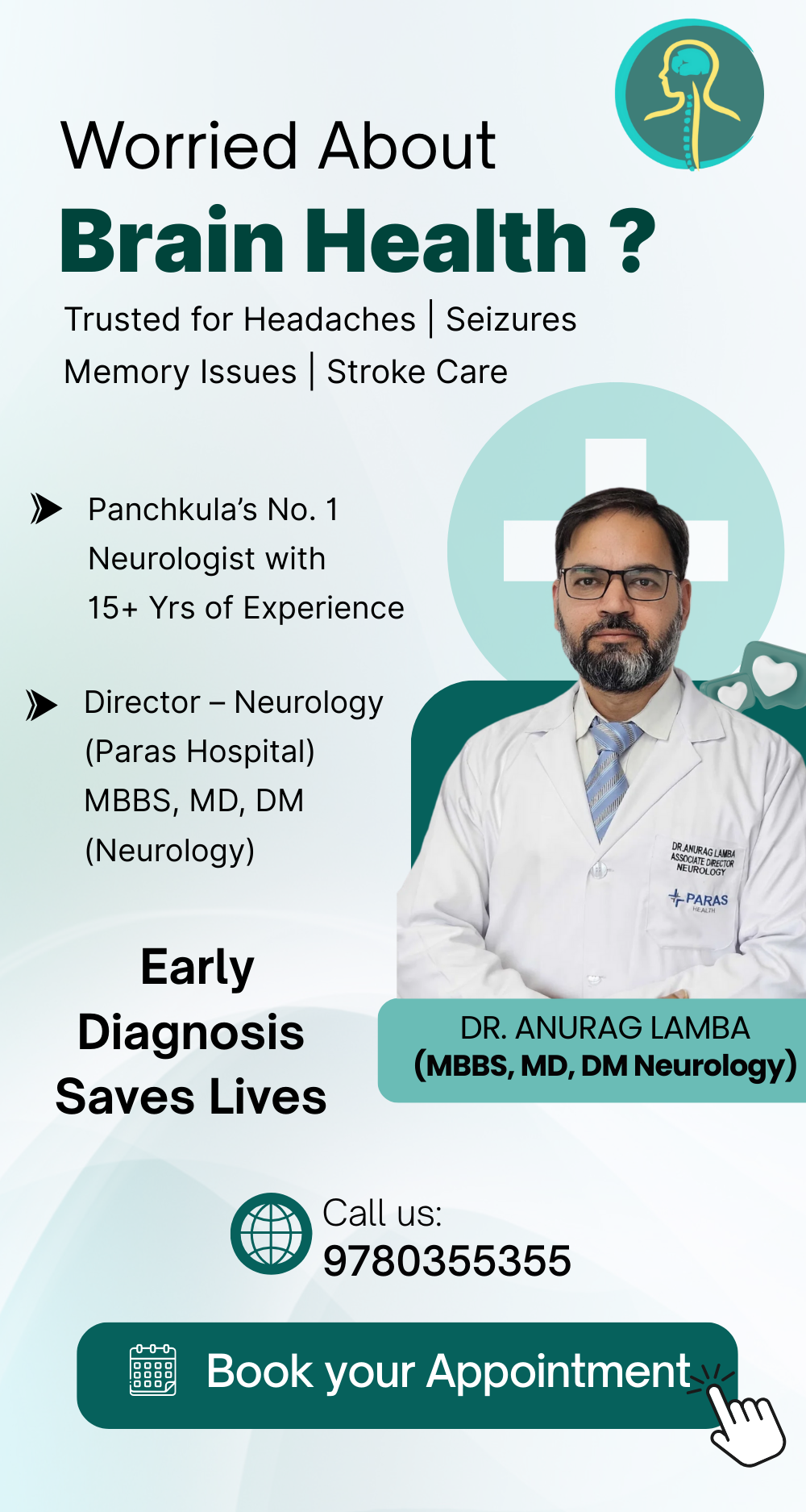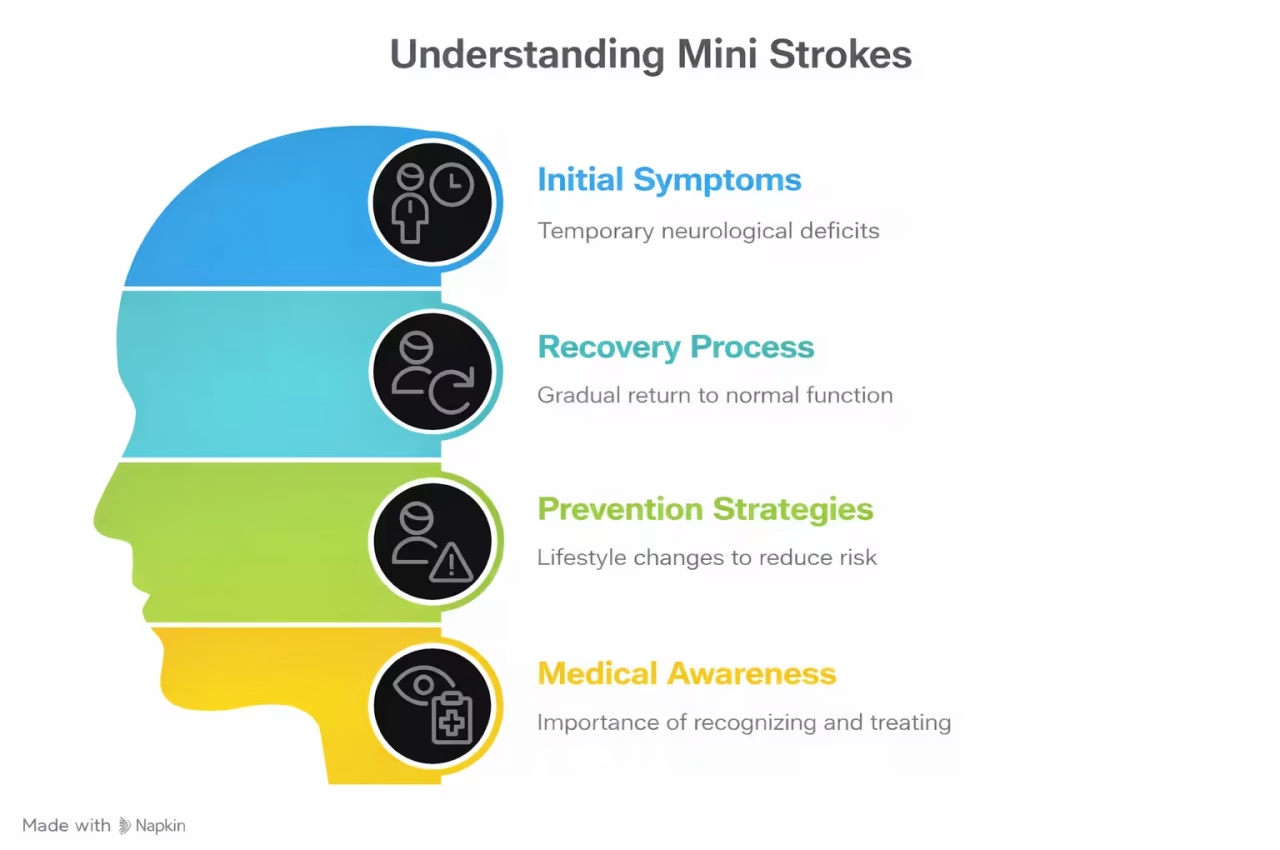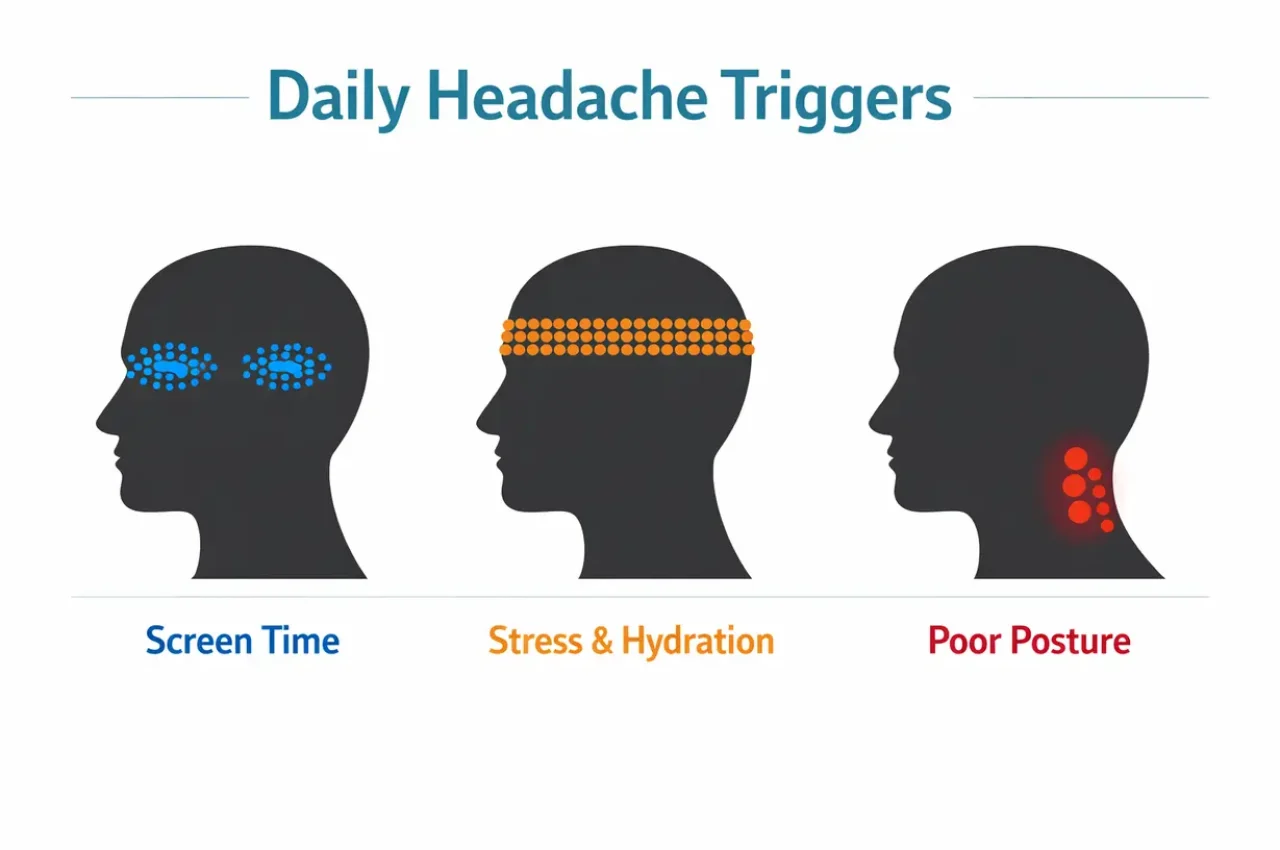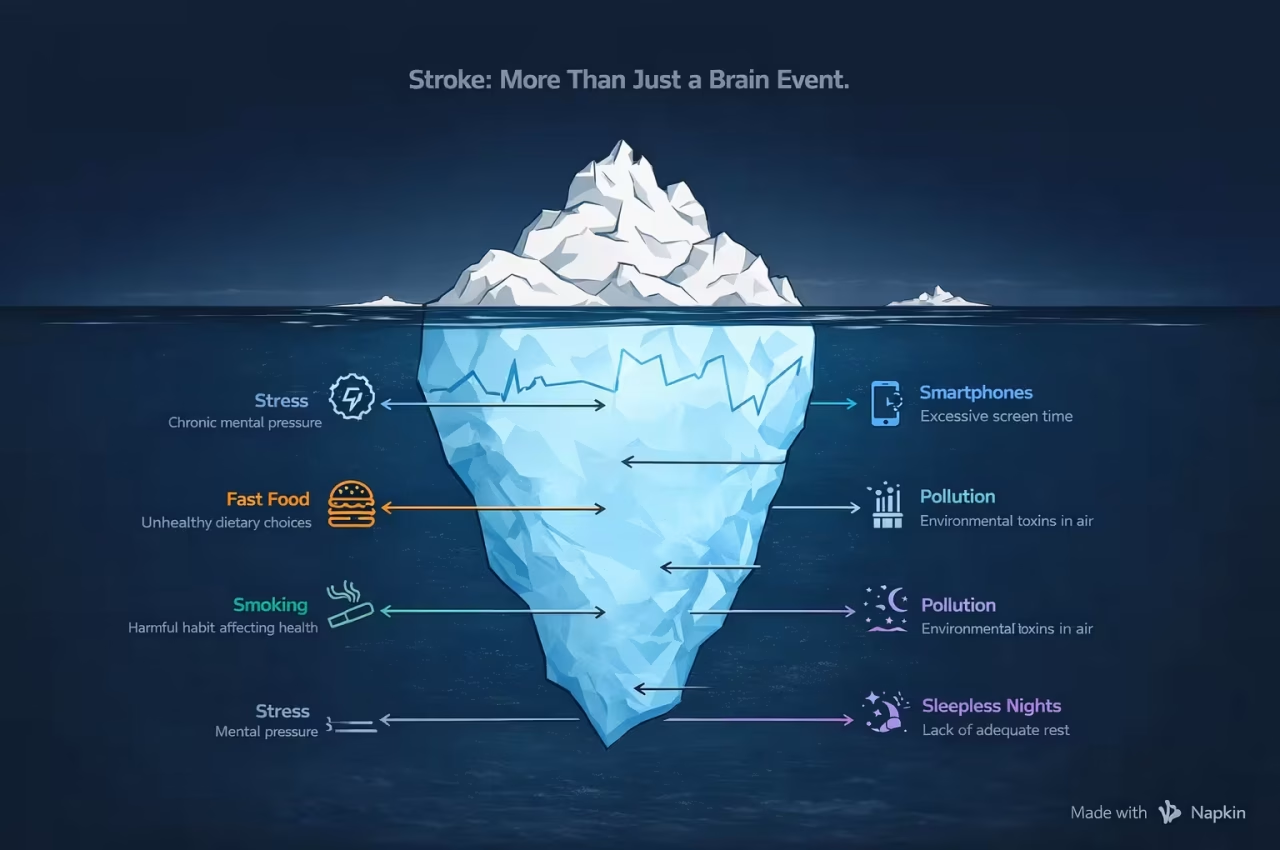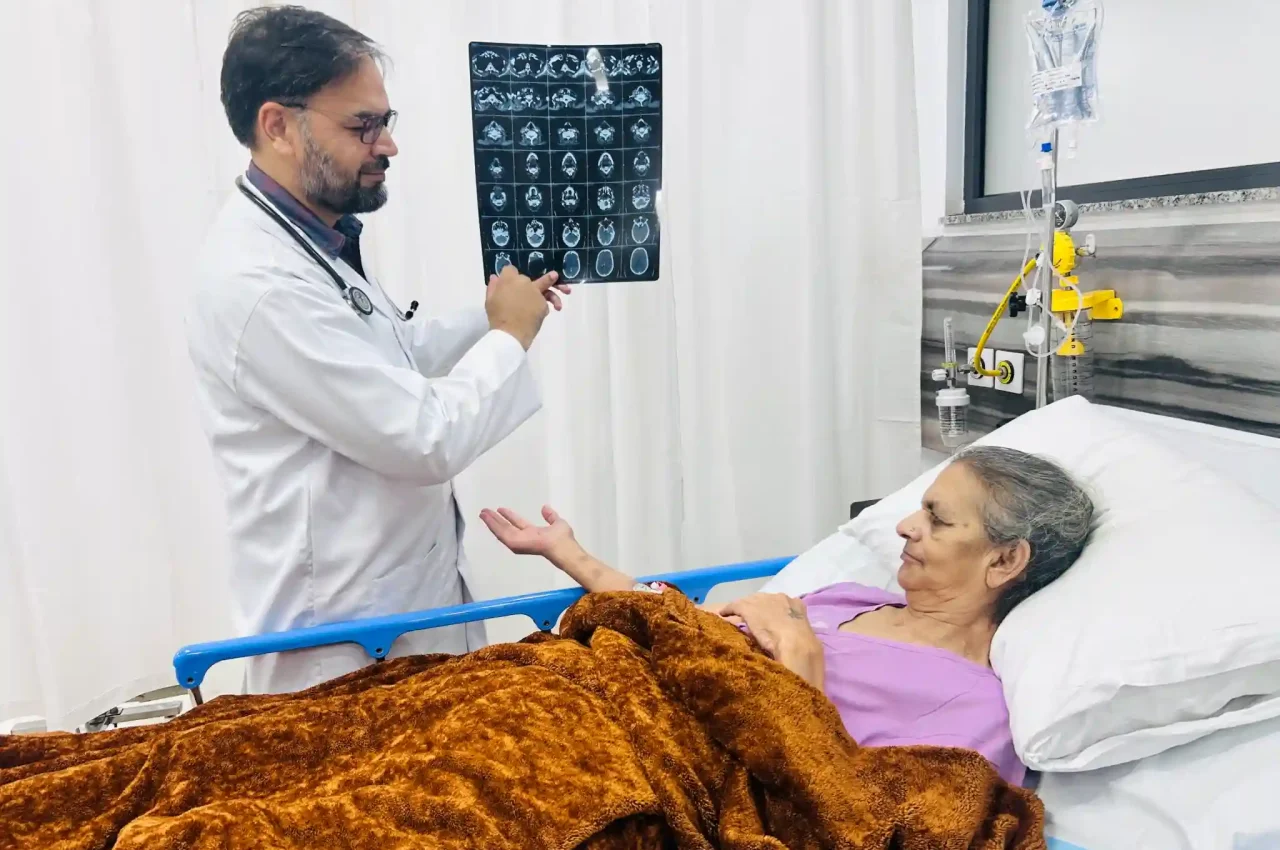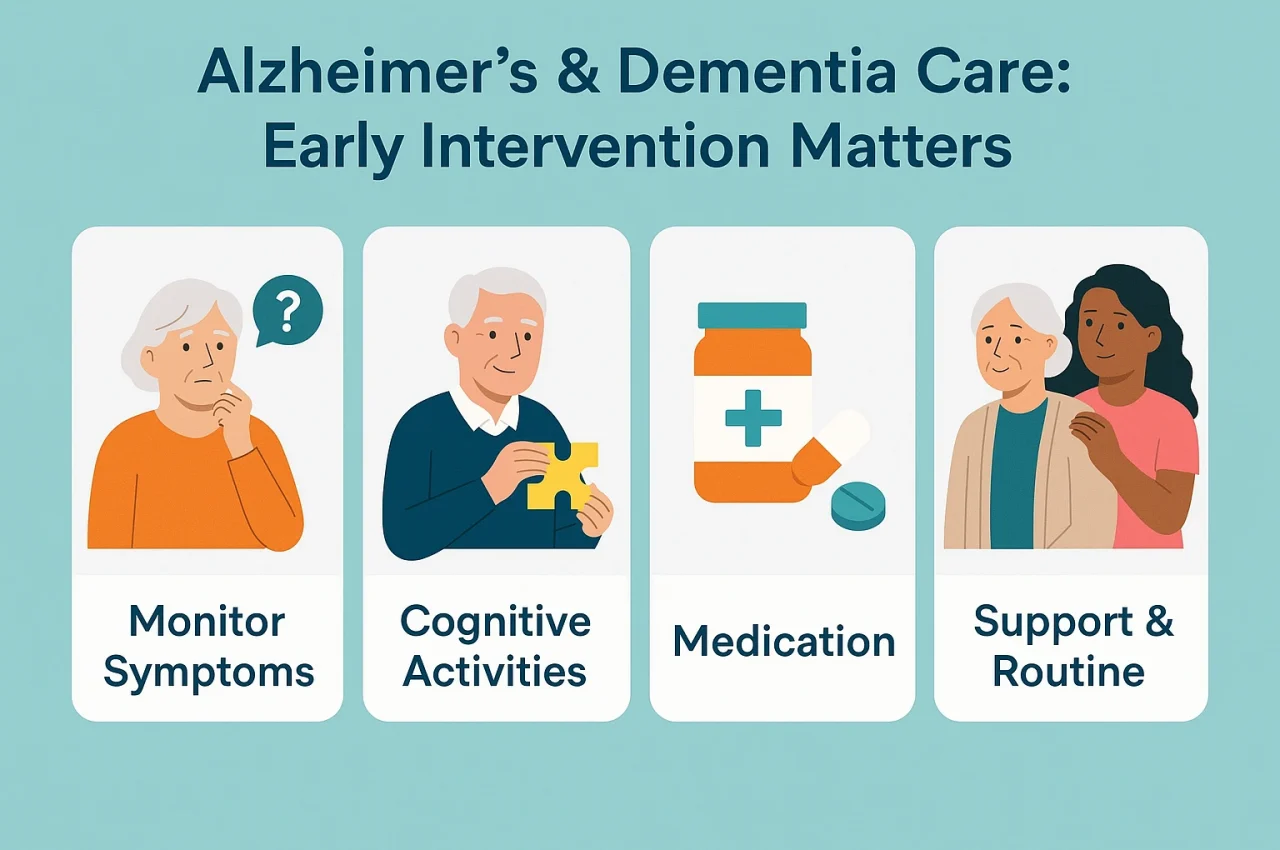“Doc, I keep forgetting where I put my car keys. Should I be worried?”
This is a common concern we hear from people in their 40s. If you’ve found yourself asking the same, you’re not alone.
Memory loss after 40 is common, but not all forgetfulness is harmless. Dr. Anurag Lamba, leading neurologist in Panchkula, shares the difference between normal age-related changes and signs of something more serious.
Understanding How Memory Changes After 40
As we enter our 40s, the brain begins to undergo subtle shifts. Processing speed slows down, and we may take longer to recall names or facts. This is usually nothing to panic about think of it as the brain “needing a few extra seconds to boot.”
- Misplacing glasses
- Forgetting appointments but remembering later
- Walking into a room and forgetting why
These are often part of normal aging. The brain is handling multiple responsibilities — work stress, parenting, screen overload and occasional lapses happen.
But When Is Memory Loss Not Normal?
There’s a line between typical forgetfulness and something that needs medical attention. Dr. Anurag highlights these red flags:
- Repeatedly asking the same questions
- Getting lost in familiar areas of Panchkula
- Forgetting recently learned information
- Struggling with routine tasks at work or home
- Noticeable changes in mood or personality
“If memory problems start interfering with daily life or relationships,” says Dr. Anurag, “it’s time to investigate.”
What Causes Serious Memory Loss in Your 40s?
Many people assume memory loss = Alzheimer’s. But in your 40s, several other causes are more likely:
- Stress and burnout: The stress we carry deadlines, family duties can impact memory.
- Sleep disorders: Poor sleep reduces brain’s ability to store and recall.
- Vitamin B12 deficiency: Common in India, especially among vegetarians.
- Thyroid issues or hormonal changes, especially in women
- Early signs of neurological conditions: Like mild cognitive impairment (MCI)
That’s why a proper neurological evaluation is essential to rule out reversible causes before assuming the worst.
What Tests Can Diagnose Memory Issues?
Dr. Anurag typically begins with:
- Detailed memory screening
- Blood tests: B12, thyroid, sugar levels
- MRI Brain: To check for structural or vascular issues
- Neuropsychological assessment: In some cases
Early detection matters. It gives patients the chance to slow progression and protect their independence.
Real Case: Panchkula Patient Thought It Was “Just Stress”
Rita, 43, a schoolteacher from Sector 12, visited Dr. Anurag after forgetting student names and misplacing cash repeatedly. Her family assumed it was menopause or anxiety.
After testing, she was diagnosed with vitamin B12 deficiency and mild sleep apnea. With treatment, her memory improved within weeks.
“Sometimes the brain is just asking for help in its own language,” says Dr. Anurag.
Tips to Keep Your Brain Sharp in Your 40s
- Exercise daily: Even a 30-min walk in Panchkula’s parks helps.
- Prioritize sleep: 7–8 hours minimum.
- Eat brain foods: Walnuts, berries, fish, and haldi-doodh.
- Stay socially active: Talk, laugh, play don’t isolate.
- Challenge your mind: Try crosswords, chess, or learn a new skill.
Is There a Cure for Memory Loss?
It depends on the cause. For example:
- B12-related memory loss is often reversible
- Stress-induced memory gaps improve with therapy or lifestyle changes
- Neurodegenerative conditions can be slowed with early treatment
“Memory loss at 40 isn’t always a warning bell,” says Dr. Anurag, “but ignoring it could cost you years of good health.”
When to See a Neurologist in Panchkula
See a neurologist if:
- Others notice your memory issues before you do
- You’re forgetting names, roads, or faces repeatedly
- You feel foggy, confused, or disoriented often
Don’t wait until symptoms get worse. Panchkula now has access to advanced neurological care you don’t need to go to Delhi or PGI for answers.
Takeaway: Memory Loss Is Common. But That Doesn’t Mean It’s “Normal.”
Whether it’s your mind asking for rest or your brain giving a signal, your 40s are the right time to pause, reflect, and act.
Don’t ignore memory issues. A check-up today could safeguard your tomorrow.
“A strong mind begins with small steps like acknowledging when something feels off.”
Want to speak to a brain health expert? Book a consultation with Dr. Anurag Lamba
